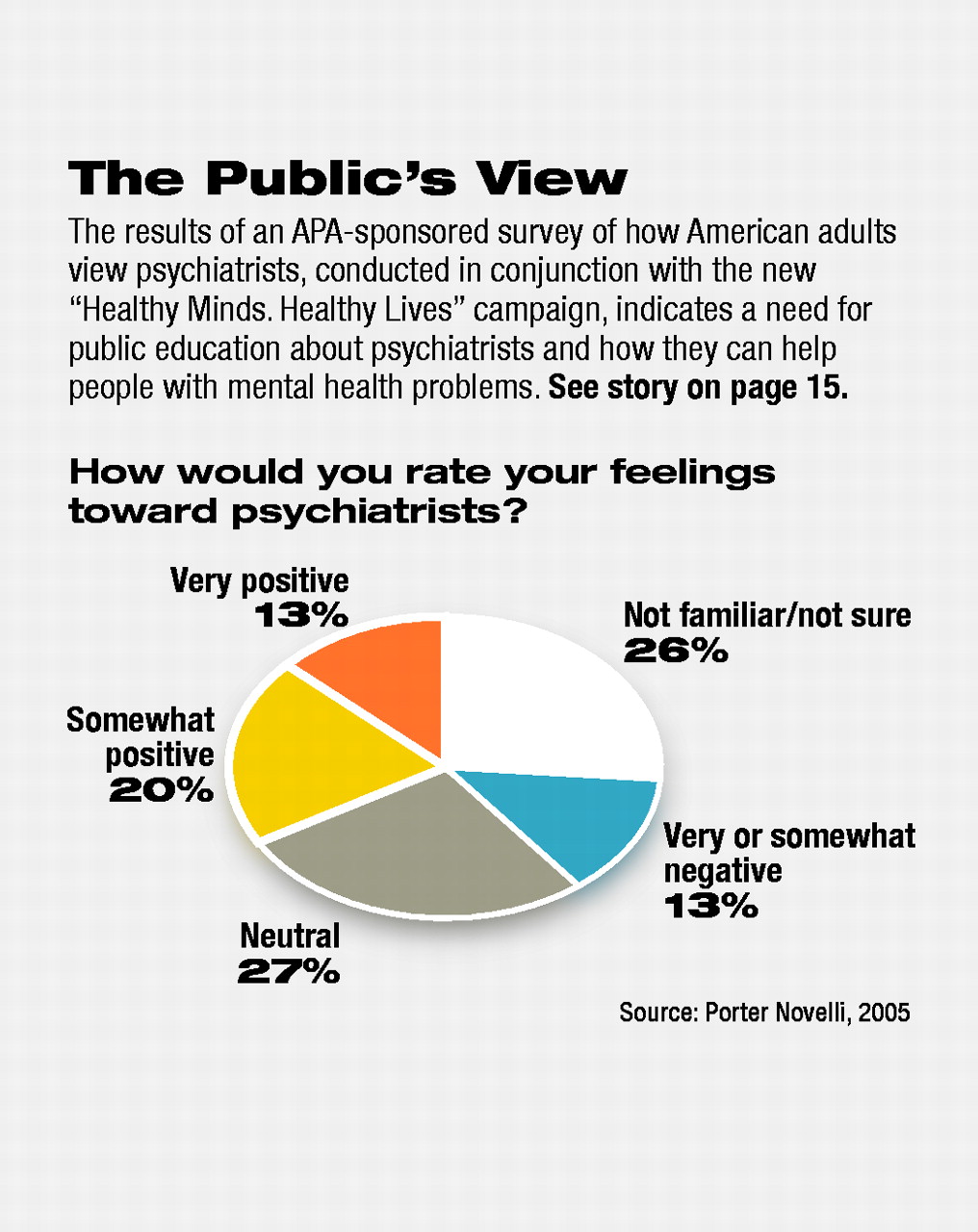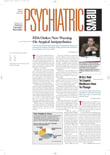The U.S. Food and Drug Administration (FDA) has ordered manufacturers of atypical, or second-generation, antipsychotic medications to add a new warning to already existing black-box warnings noting that the drugs are associated with an increased risk of death related to psychosis and behavioral problems in elderly patients with dementia.
Although none of the newer antipsychotic medications is approved to treat behavioral disturbances associated with dementia, the use of the drugs in the elderly has been widely studied. Both industry executives and regulators acknowledge that the popular medications are commonly prescribed off-label for older patients—particularly those with Alzheimer's disease—who exhibit aggressive or agitated behaviors.
The FDA said last month that an agency review of placebo-controlled trials involving the use of four of the drugs in elderly patients with dementia-related behavioral problems found numerical increases in the rate of death in patients taking the medications compared with patients taking placebo. Of the studies included in the agency analysis, 15 of the 17 trials showed increased death rates associated with olanzapine (Zyprexa), aripiprazole (Abilify), risperidone (Risperdal), and quetiapine (Seroquel).
While no studies on clozapine (Clozaril) or ziprasidone (Geodon) use in elderly populations have been completed, the FDA mandated that they, too, carry the new warning.
The agency noted that the six drugs fall into three different chemical classes, and the increased risk was seen with drugs in each of the three classes. Therefore, the FDA said, “The agency has concluded that the effect is probably related to the common pharmacologic effects of all atypical medications, including those that have not been systematically studied in the dementia population.”
The reviewed studies, the FDA said, included 5,106 patients, and several analyses demonstrated “an approximately 1.6- to 1.7-fold increase in mortality in these [combined] studies.”
In the FDA-reviewed studies, which averaged 10 weeks in duration, the rate of death in drug-treated patients was about 4.5 percent, compared with a rate of 2.6 percent in the patients taking placebo.
Examination of the specific causes of these deaths revealed that most were due to either heart-related events (for example, heart failure or sudden death) or infections (mostly respiratory, including pneumonia).
In addition to the six antipsychotics, the olanzapine/fluoxetine combination (Symbyax) will carry the new black-box warning.
The agency also noted it may require the older, typical antipsychotic medications to carry similar warning language “because the limited data available suggest a similar increase in mortality for these drugs.” However, the review of data on the older drugs is ongoing, the FDA said.
While the newly required warning will appear in a black box, the message itself isn't entirely new. In fact, since last year olanzapine and risperidone have included in their labeling information regarding increased risk of death in elderly patients. Moreover, questions and concerns have followed each of the second-generation antipsychotics since their individual arrivals in the medicine chest.
Clozapine, the oldest of the newer medications, is associated with serious blood dyscrasias, including agranulocytosis, that has resulted in patient deaths. Clozapine also carries a black-box warning regarding cardiac toxicity leading to potentially fatal myocarditis.
Both risperidone and olanzapine carry a warning about potential increased risk of cerebrovascular events, including stroke and an increased risk of death from stroke. A similar warning was added to the label of aripiprazole at the end of last year.
Ziprasidone was required at approval to carry a warning regarding the drug's propensity to prolong the heart's QT interval and potentially to induce fatal cardiac arrhythmias.
But the most studied adverse effect of the newer generation antipsychotics is their association with hyperglycemia, in some cases leading to ketoacidosis, coma, or death. A black-box warning was added to the labels of all six drugs in 2003 alerting prescribers and patients to the possibility of the drugs' leading to the development of potentially fatal diabetes mellitus.
More information on the newly required warnings is posted online at<www.fda.gov/cder/drug/advisory/antipsychotics.htm>.▪

